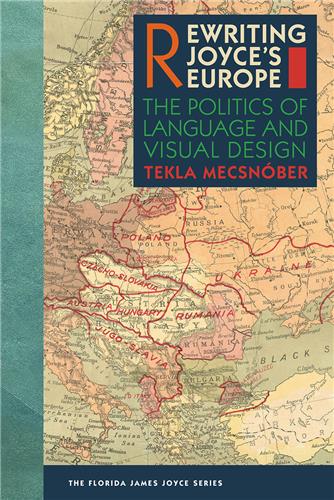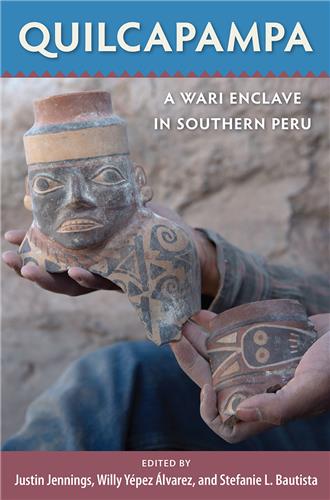Focusing on three communities in the Americas, this book layers archaeological research with oral narratives and social memories, demonstrating a way of reconciling the tension between Western scientific and local Indigenous approaches to history.
Buy Books: Browse by Season: Spring 2021
Fall 2025 - Spring 2025 - Fall 2024 - Spring 2024 - Fall 2023 - Spring 2023Please note that while you may order forthcoming books at any time, they will not be available for shipment until shortly before publication date
People Power: History, Organizing, and Larry Goodwyn's Democratic Vision in the Twenty-First Century
Featuring contributions from leading scholar-activists, this book demonstrates how the lessons of history can inform the building of new social justice movements today.
This book sheds light on how the text and physical design of James Joyce’s two most challenging works, Ulysses and Finnegans Wake, reflect changes that transformed Europe between World Wars I and II.
This book is a compendium of ecological information on 244 species of trees, shrubs, and woody vines found in the northern half of the Florida peninsula and in the Florida panhandle.
This volume illuminates the influence of the Dutch empire in North America, assembling evidence from seventeenth-century settlements located in present-day New York, New Jersey, Connecticut, Pennsylvania, and Delaware.
This volume provides guidance on teaching about Haiti’s history and culture from a multidisciplinary perspective, offering ways of reshaping old narratives through women’s and gender studies, poetry, theater, art, religion, language, politics, history, and popular culture.
This book details how African American women used lessons in basic literacy to crack the foundation of white supremacy and sow seeds for collective action during the civil rights movement.
Combining years of ethnographic research with British imperial archival sources, this book reveals how cultural heritage has been negotiated by colonial, independent state, and community actors in Belize from the late nineteenth century to the present.
Analyzing evidence from the site of Quilcapampa in the Sihuas Valley of Southern Peru, contributors to this volume discuss the ninth-century settlement’s relationship to the broader Wari empire and reimagine the empire’s role in the widespread changes of the Andean Middle Horizon period.
This richly illustrated volume highlights the history of Islamic cosmopolitanism as documented through works of art from the eighth century to the present, examining artistic exchange between Muslim and non-Muslim societies.











